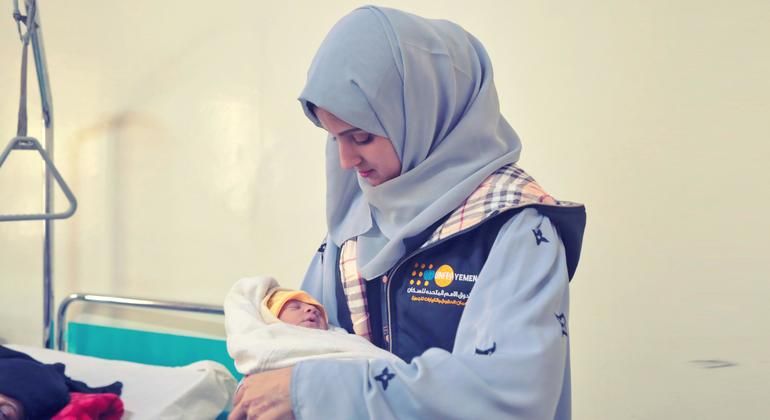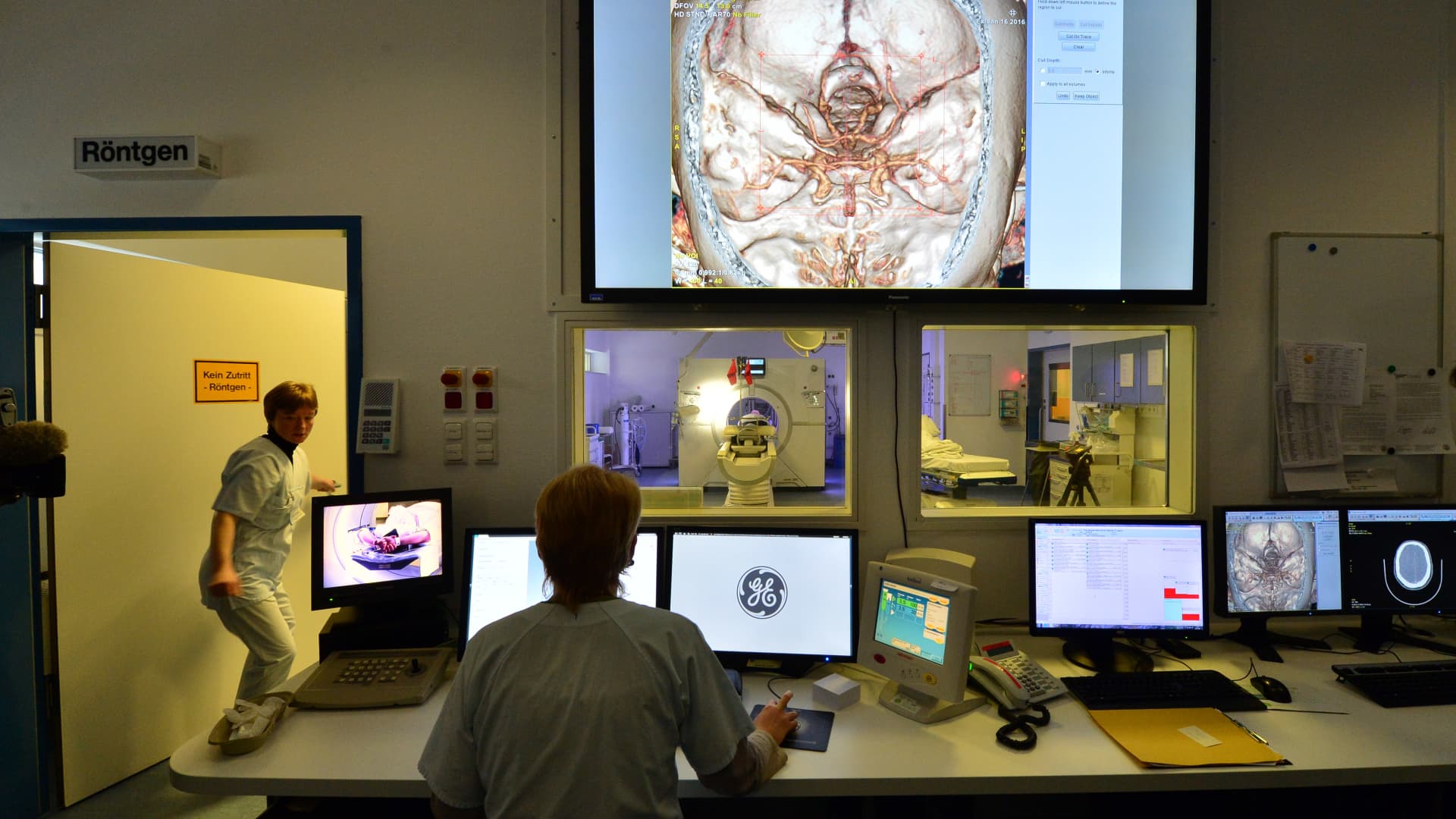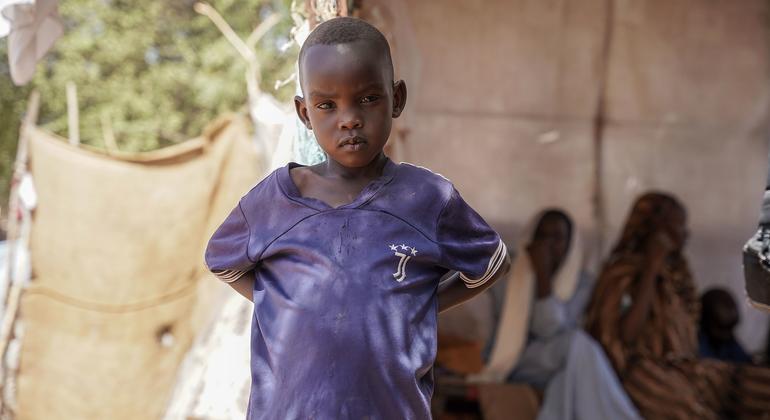This year, the vital role of midwives during the current climate crisis is in the spotlight.
Every two minutes a woman or girl dies from pregnancy-related complications, a figure that Climate change threatens to exacerbate UNFPA said, underscoring the crucial role midwives play in mitigating these risks.
“When a crisis occurs, midwives are often the first to arrive, especially in remote communities. they know that Babies arrive regardless of the circumstances of the woman of childbearing age. – whether you are resting at home or fleeing home due to conflict or disaster,” UNFPA head Dr. Natalia Kanem said in a statement to mark the Day.
In addition to their immediate task of delivering babies, midwives provide up to 90 percent of other sexual and reproductive health services.
When war strikes
The importance of midwives as critical healthcare providers has skyrocketed at a time when conflicts appear to be proliferating. Its role goes far beyond helping women in labor and extends to vital psychological support for women and children in difficulty.
The United Nations World Health Organization (WHO) marked the day with a video featuring Samar Nazmi Muwafi, midwife and head nurse at Al-Emarati Hospital in Gaza.
Despite the enormous workload (up to 500 female patients pass through the hospital's emergency room each day), she remains strong by focusing on patient care.
“I learned to smile. I always draw my smile to make patients feel comfortable,” says Samar Nazmi Muwafi.
Acute deficit
There is a serious Shortage of around a million midwives worldwide.. Difficult working conditions, gender discrimination contributing to low pay, and reports of harassment have deterred many from entering the profession.
According to UNFPA data from 2023, 287,000 women still lose their lives in childbirth each year. Around 2.4 million newborns die and another 2.2 million are stillborn.
Universal access to midwives offers the best and most cost-effective solution to ending preventable maternal deaths, says UNFPA. By closing the deficit in the number of midwives, Two thirds of maternal and neonatal deaths could be avoided.saving more than 4.3 million lives a year by 2035.
UNFPA has already helped countries educate and train more than 350,000 midwives to international standards to help improve the quality of care they provide, and the work continues.












